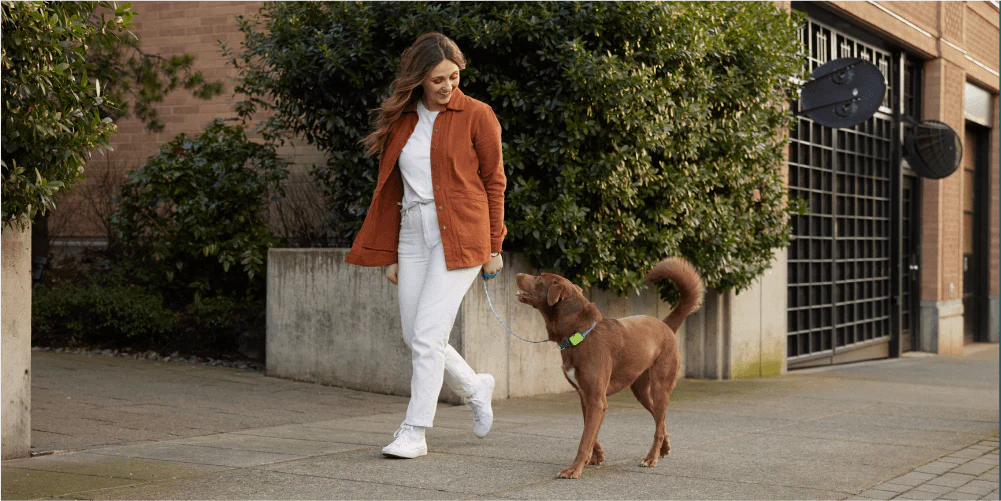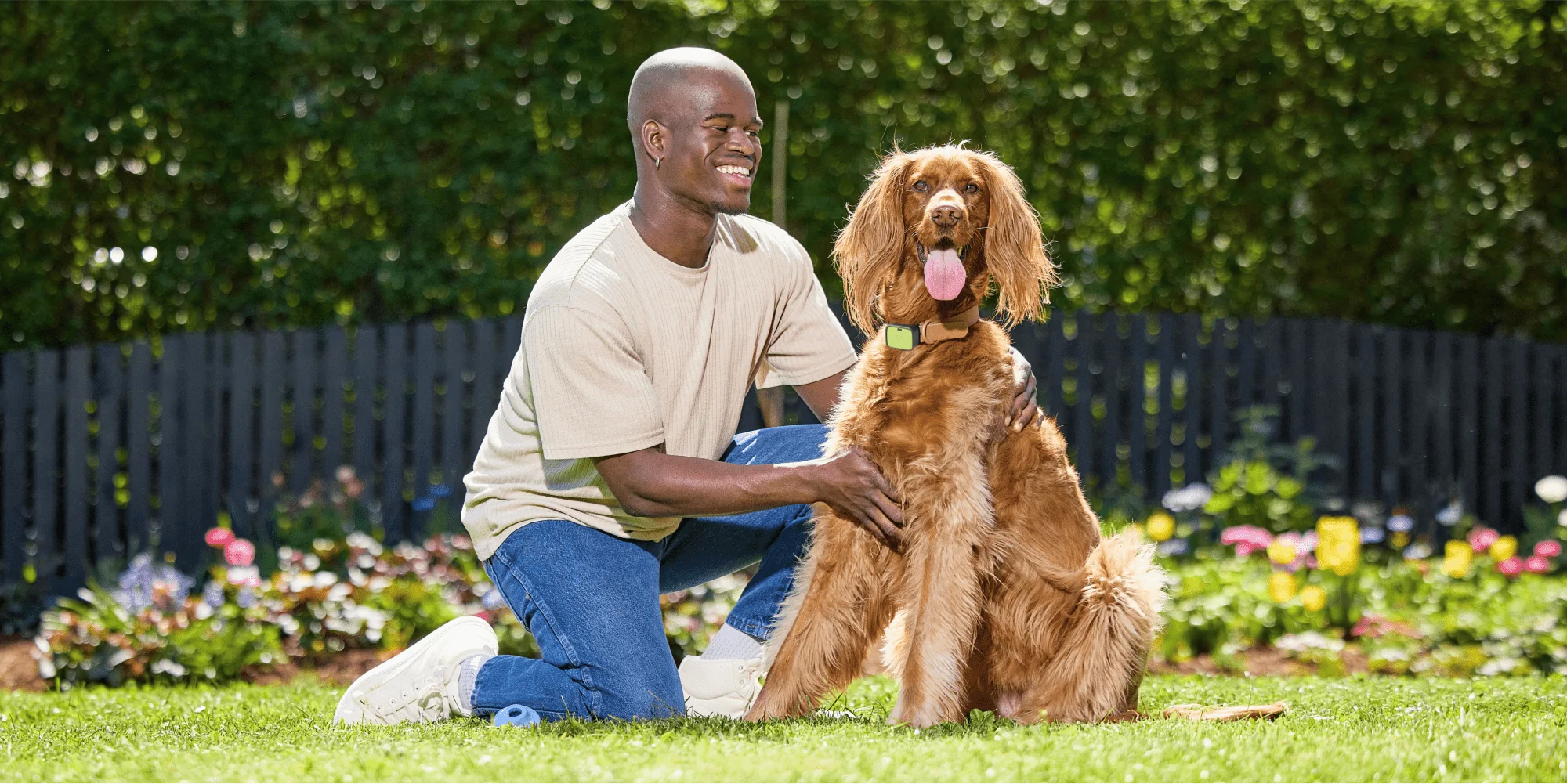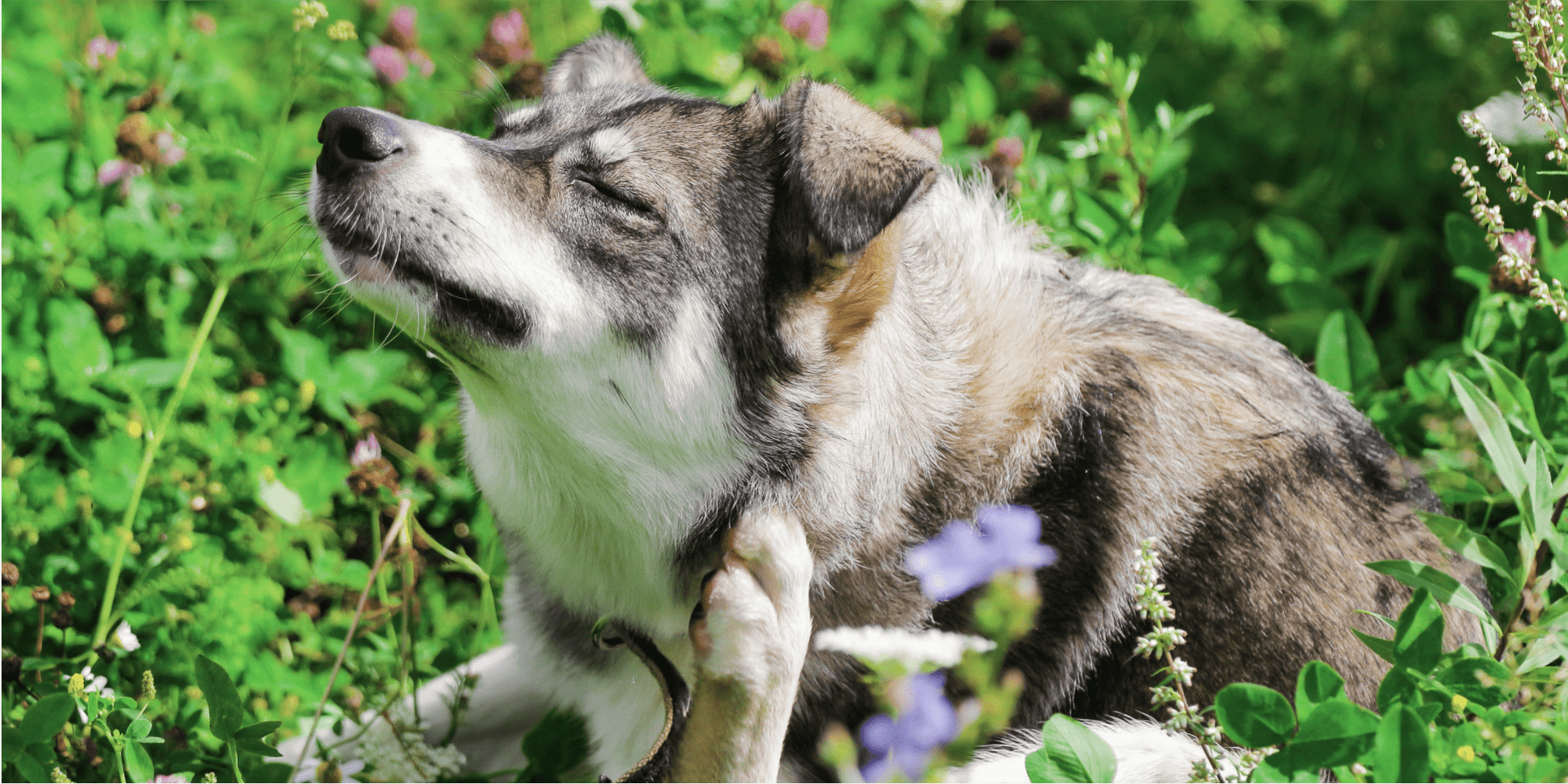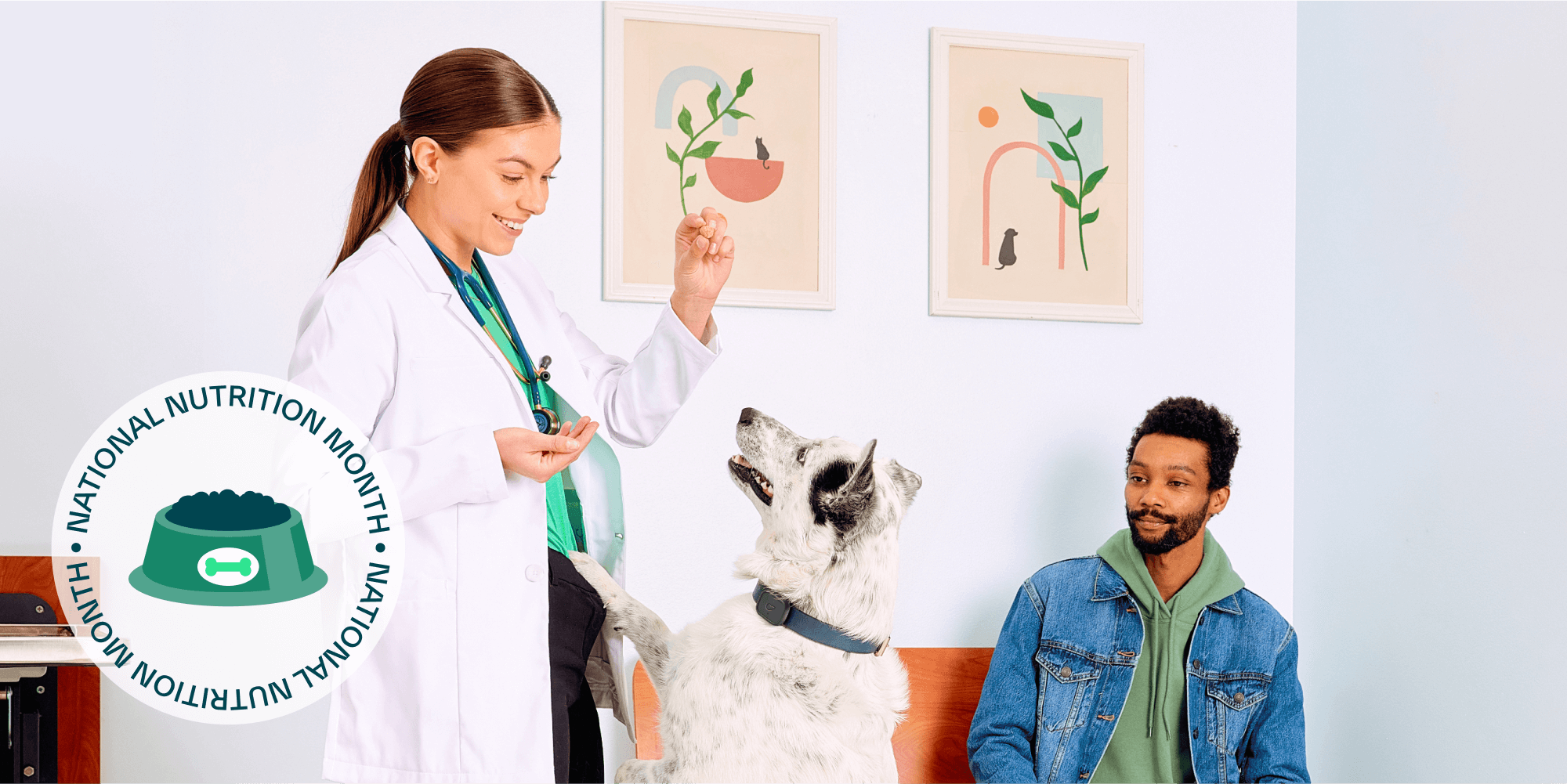5 summertime foods that are toxic for dogs
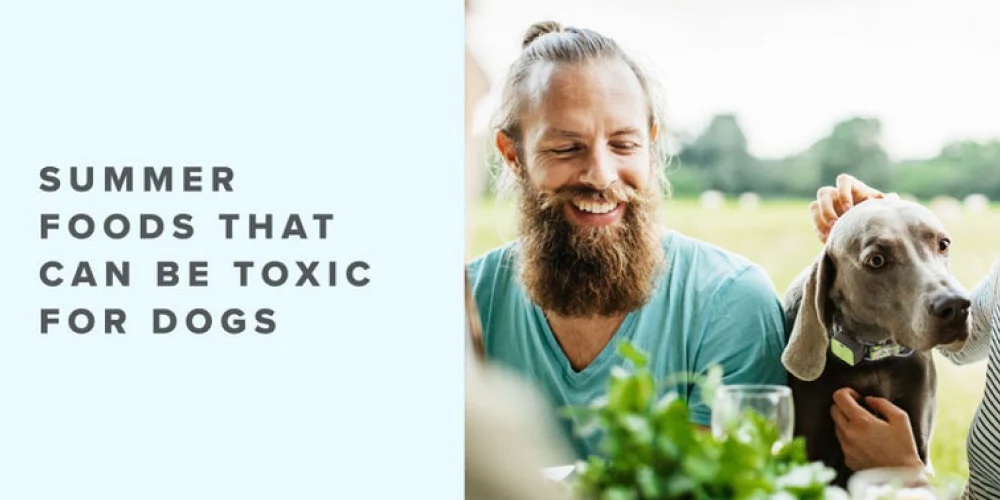
For most people, summer means being outdoors, enjoying the warm, evening air, and throwing some of our favorite foods on the grill. While hotdogs and burgers are the mainstays, chips, fruit and salads also make their way to picnic tables across the country. If you’re a pet parent, you know all too well that with so much delicious human food within sniffing distance, our dogs might actually leave our side in favor (or is it in flavor?) of the table side.
But here’s the thing: Some of our most popular summertime treats are dangerous to our best friend and could land your pup in the pet ER. So let’s take a minute to get clear on which foods must not make it to their mouths—no matter how hard they work us for it.

The following foods can be toxic to dogs:
- Grilled meat. Almost all the meat that humans grill is high in fat. And while fat can make meat taste good for humans, it’s not good for dogs to consume high-fat meals. Too much fat can lead to gastrointestinal upset or even a potentially fatal inflammation of the pancreas. Most grilled meats will also be seasoned, which is also harmful to a dog’s digestive system. If you cannot imagine passing up your pup at the picnic table, then lean hamburger is okay, but it must be ultra-low in fat (93% meat, 7% fat). Be sure to only serve a small portion, otherwise your pup may suffer vomiting and diarrhea later in the day.
- Raw meat and cooked or raw bones. Uncooked meat can host a variety of nasty bacteria, including Salmonella and E. coli. If your pup does become infected with such bacteria, they in turn become a health risk to you and the rest of their human family! Raw bones pose a risk of bacterial infection as well. Raw and cooked bones can cause obstruction of the intestines, and pose a risk for puncturing the internal organs. They can also become stuck between the teeth, leading to pain and infection. Feeding bones in any form to your pooch should be avoided.
- Onions and garlic. These vegetables, along with other members of the Allium family, can cause severe destruction to the red blood cells. All forms of these vegetables are toxic (raw or cooked), and dogs are more prone to eat them if they are cooked alongside a steak or hamburger. Dogs who eat toxic amounts could show symptoms like vomiting, pale gums, blood in the urine, weakness, high heart rate or panting. To be safe, stay away from onion and garlic powders as well.
- Grapes, including raisins. The toxicity of this fruit is not fully understood, and even amounts—yes, as small as a single grape!—can cause acute kidney failure in sensitive dogs. Signs of kidney failure include vomiting, anorexia, excess urination and drinking or a lack of urine production. To eliminate the risk, eliminate this food from making contact with your dog.
- Alcohol. While this may go without saying, it’s worth being as clear as your top-shelf vodka right here: Dogs are very sensitive to alcohol. It doesn’t take much to cause a big problem. Signs of alcohol ingestion include vomiting, diarrhea, incoordination, stupor, difficulty breathing, tremors or even death.
It’s important to remember that this is not an exhaustive list. If you have any concerns about safe foods for your pet, always check with your veterinarian, or use the Chat with a Vet feature from your Whistle app.








